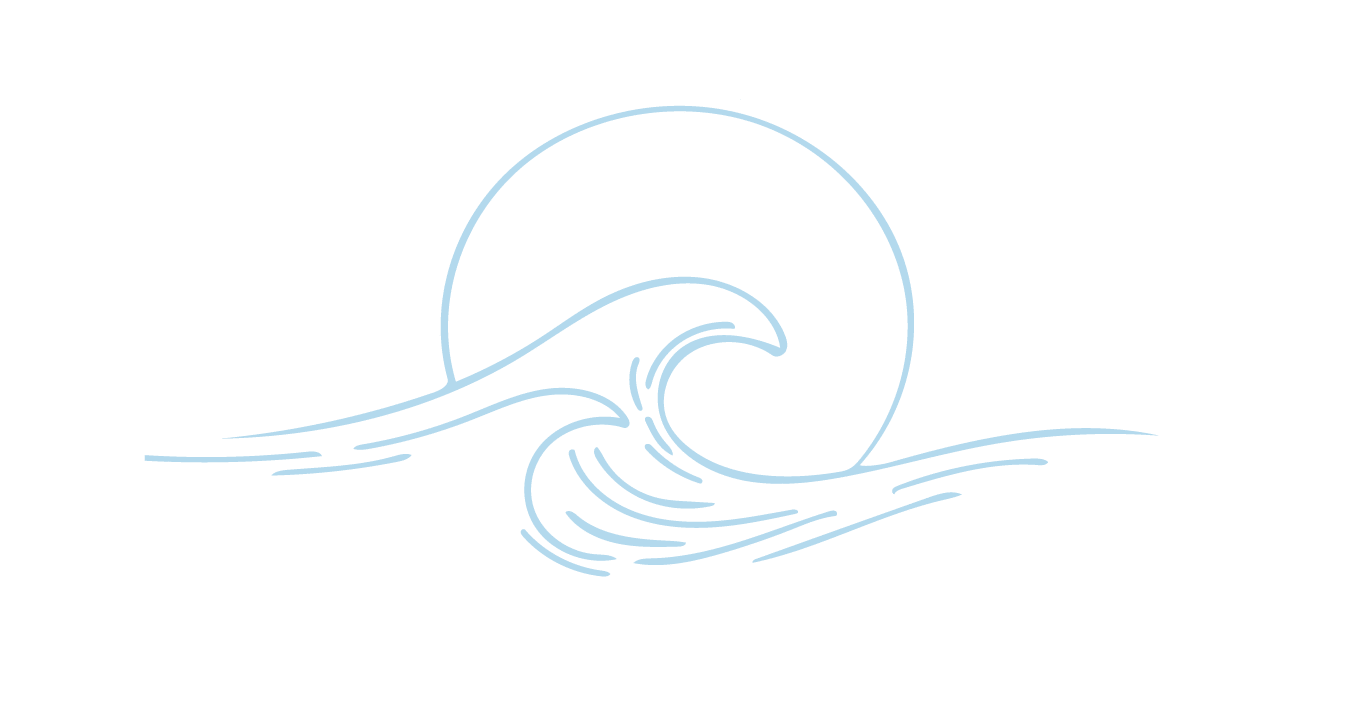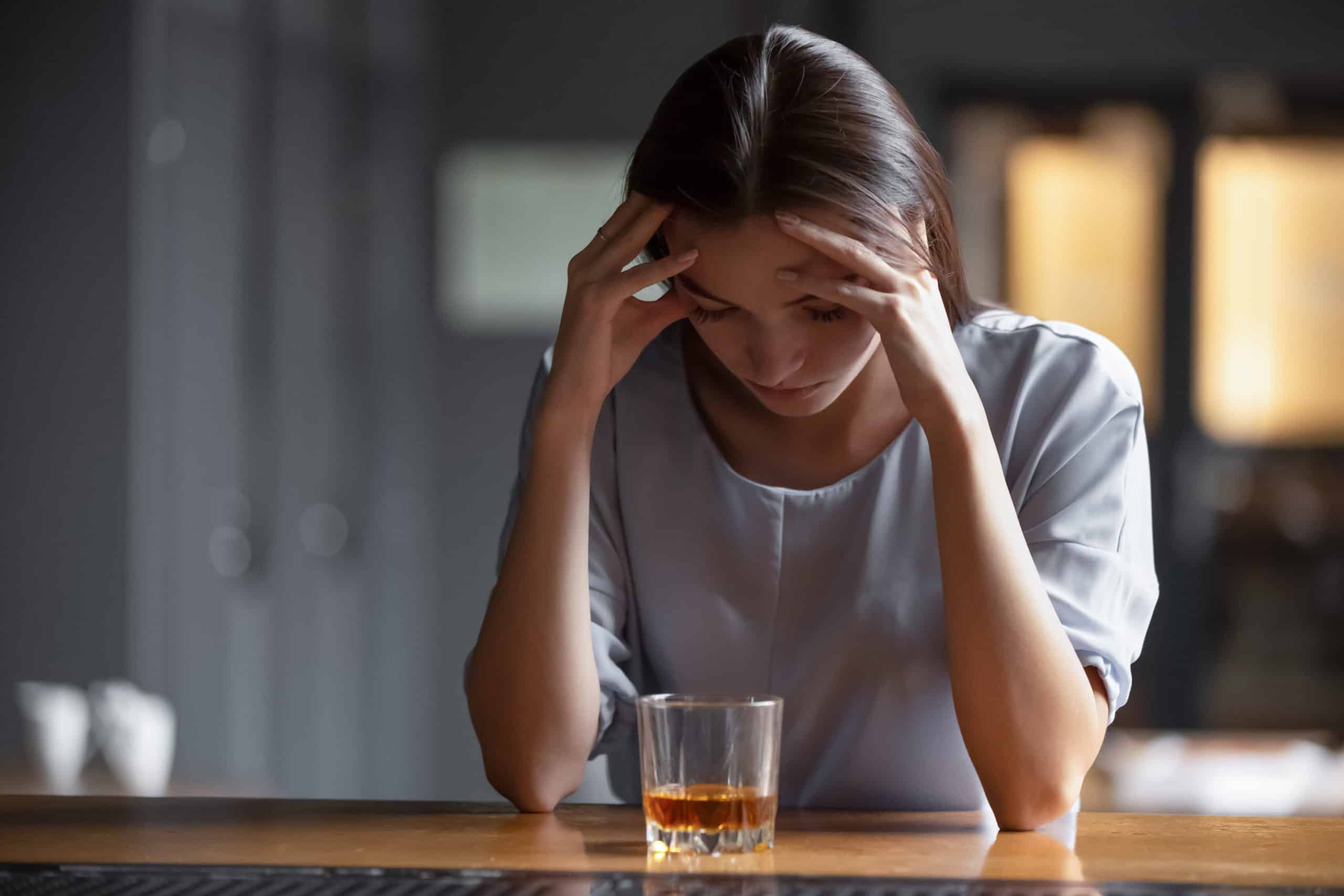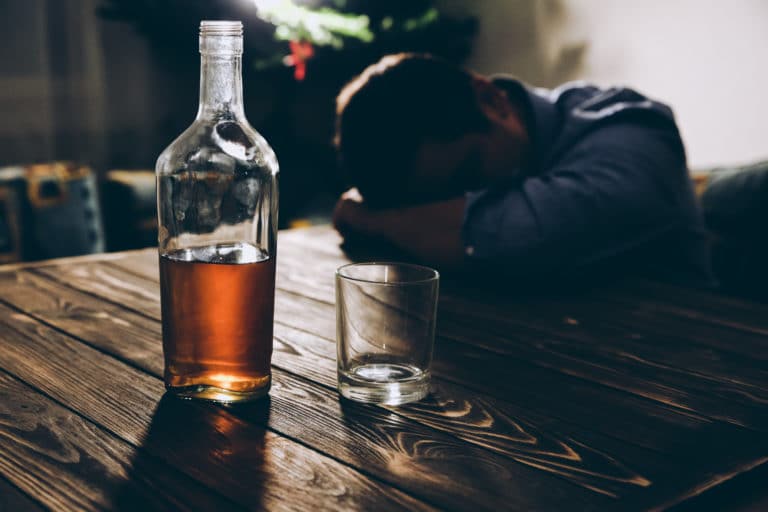Anyone who has struggled with depression and substance abuse might have noticed that each disorder seems to play off the other. But why? How does alcohol affect depression?
What is Depression?
Depression is a severe condition that is often misunderstood. If someone comes to you saying they are depressed, you might mistake it for them just feeling sad that day. Acute depression is temporary and is often traced to a specific event. The loss of a family member, job loss, the fight at home, financial problems, and other events can cause acute depression, but it goes away with time.
Chronic depression is a mental health condition initiated by a traumatic event, changes to the neurological structure due to previous substance abuse, and much more. Chronic depression or clinical depression is much more severe. 50% of women and an average of 35% of men struggle with chronic depression at some point in their life. 32% of people struggling with chronic depression have a co-packer in problem with addiction, usually alcoholism.
What are the Signs of Depression?
There are many signs of clinical depression, according to the DSM-5. Severe depression usually manifests with at least five of the symptoms below at the same time, for more than two weeks in a row:
- Depressed mood
- Recurring thoughts of death or suicide
- No longer being interested in hobbies or activities you once enjoyed
- Serious weight problems like weight loss or weight gain
- Feelings of hopelessness, worthlessness, or helplessness
- Finding it difficult to concentrate or make decisions
- Prolonged bouts of fatigue, having no energy no matter what you do
- Sleeping problems, like oversleeping or insomnia
But how does alcohol affect depression?
How Does Alcohol Affect Depression?
Unfortunately, alcohol can cause an increase in the existing symptoms of depression, and depression can cause or worsen alcoholism. These two conditions represent a common problem in adults today.
Research has found that it’s common for adults to have alcoholism and depression simultaneously, that alcoholism and depression both increase the risk of the other, and both worsen the symptoms of the other. Someone who suffers from depression is more likely to become an alcoholic and, in so doing, worsen their signs and symptoms of depression. Conversely, someone who is an alcoholic is more likely to become depressed and exacerbate their symptoms of alcoholism and depression.
Many people with undiagnosed depression turned to a readily available and perfectly legal form of relaxation: alcohol. For some people, alcohol is a form of self-medication for depression. But what starts as one or two drinks after work or with friends after a bad day can help temporarily diminish some of the symptoms associated with depression. When that happens, it’s easy to consume alcohol more often and in higher quantities to get that same feeling.
For many people, however, heavy drinking makes depression worse long-term. People trying to get help for depression or are currently on medication for depression might find that alcoholism interferes with their ability to recover long-term.
What do studies have to say about alcohol’s impact on depression?
- One study noticed that alcohol’s impact on depression and anxiety led to a lower quality of life and higher symptoms of depression.
- A systematic review found that alcohol abuse is common in those with depression, and alcohol worsens social functioning, depressive symptoms, suicide risks, and health.
- Patients with chronic medical conditions and depression have higher patterns of alcohol consumption which subsequently negatively impacts mental and physical health.
What is the Best Treatment for Depression and Alcoholism
Understanding how does alcohol affect depression is just the first step. The second is getting the best treatment for alcohol and depression.
Most addiction rehab facilities only focus on drug or alcohol addiction, but they leave the underlying mental health problems untouched and unresolved. At Ocean Coast, we offer the best treatment for depression and alcoholism by focusing on dual diagnosis. Dual diagnosis means we focus on your alcoholism and depression simultaneously.
We start you on your journey to recovery with medically supervised detox. Detoxing from alcohol can be hazardous if done alone and has a low chance of follow-through. But with our staff, we can help minimize the discomfort of your withdrawal symptoms and transition you easily into our detox treatment center in southern California.
Our staff offers residential southern California inpatient treatment for addiction after initial alcohol detoxification. We help customize your treatment plan to include biological, social, and psychological factors that lead to addiction. During your inpatient procedure, you are surrounded by professionals who understand the need for a multifaceted approach to your struggles with depression and alcoholism.
Let us help you find personalized treatment for depression and alcoholism. Contact Ocean Coast Recovery today and start your journey of recovery.





